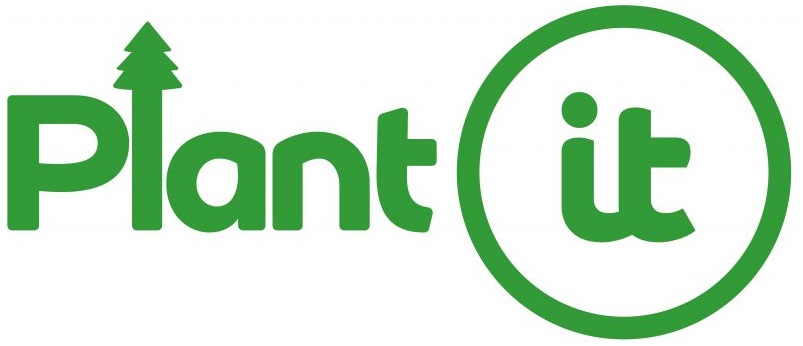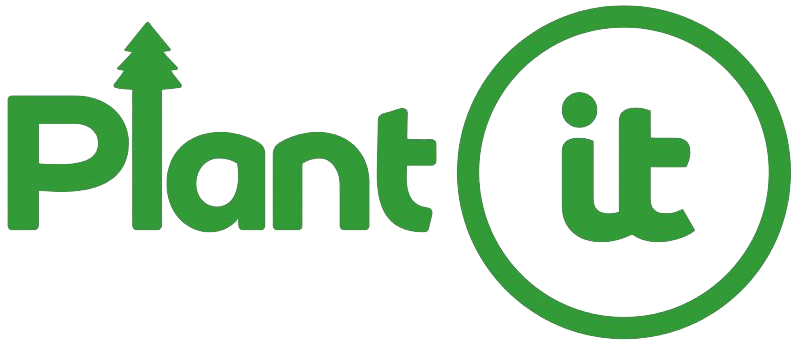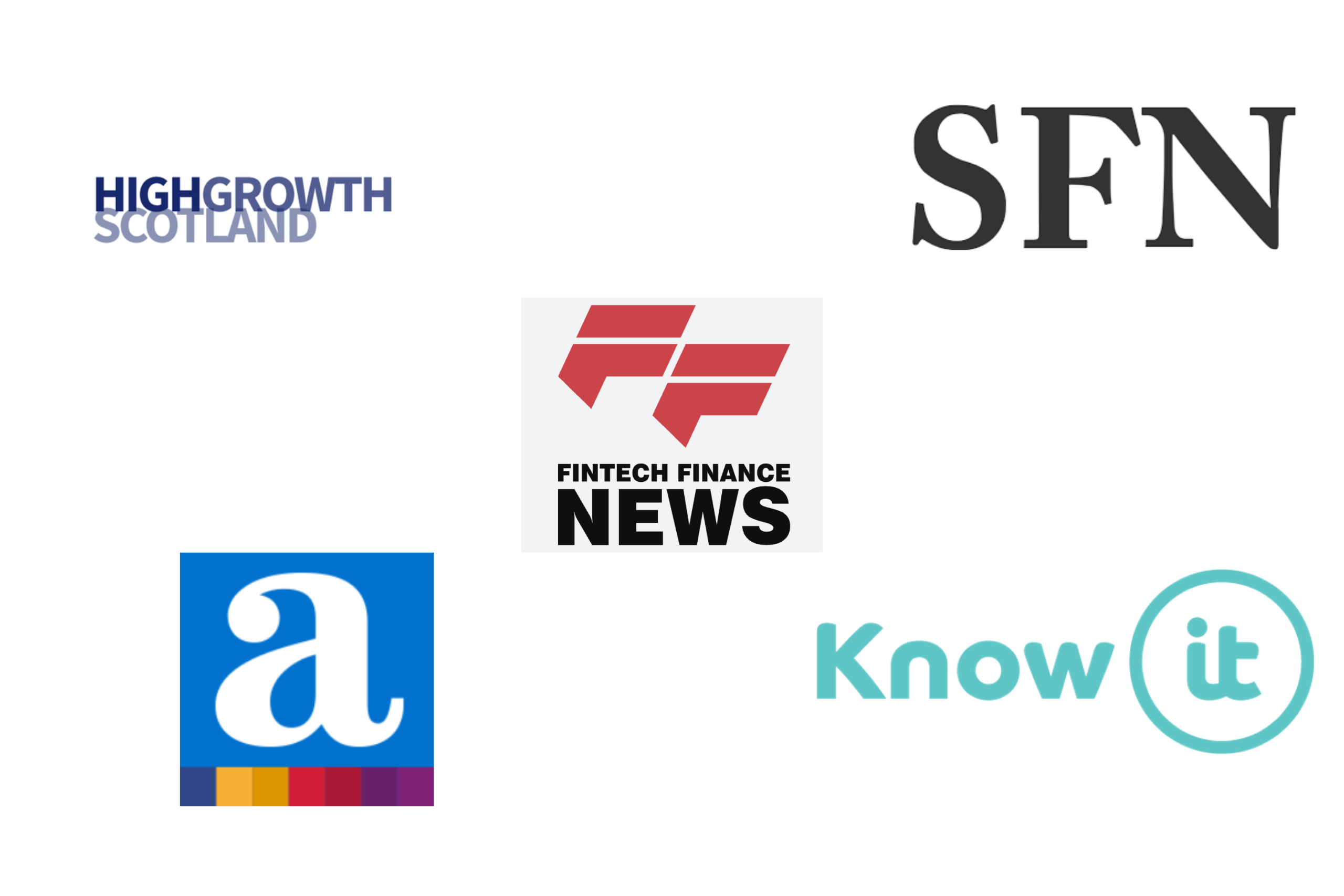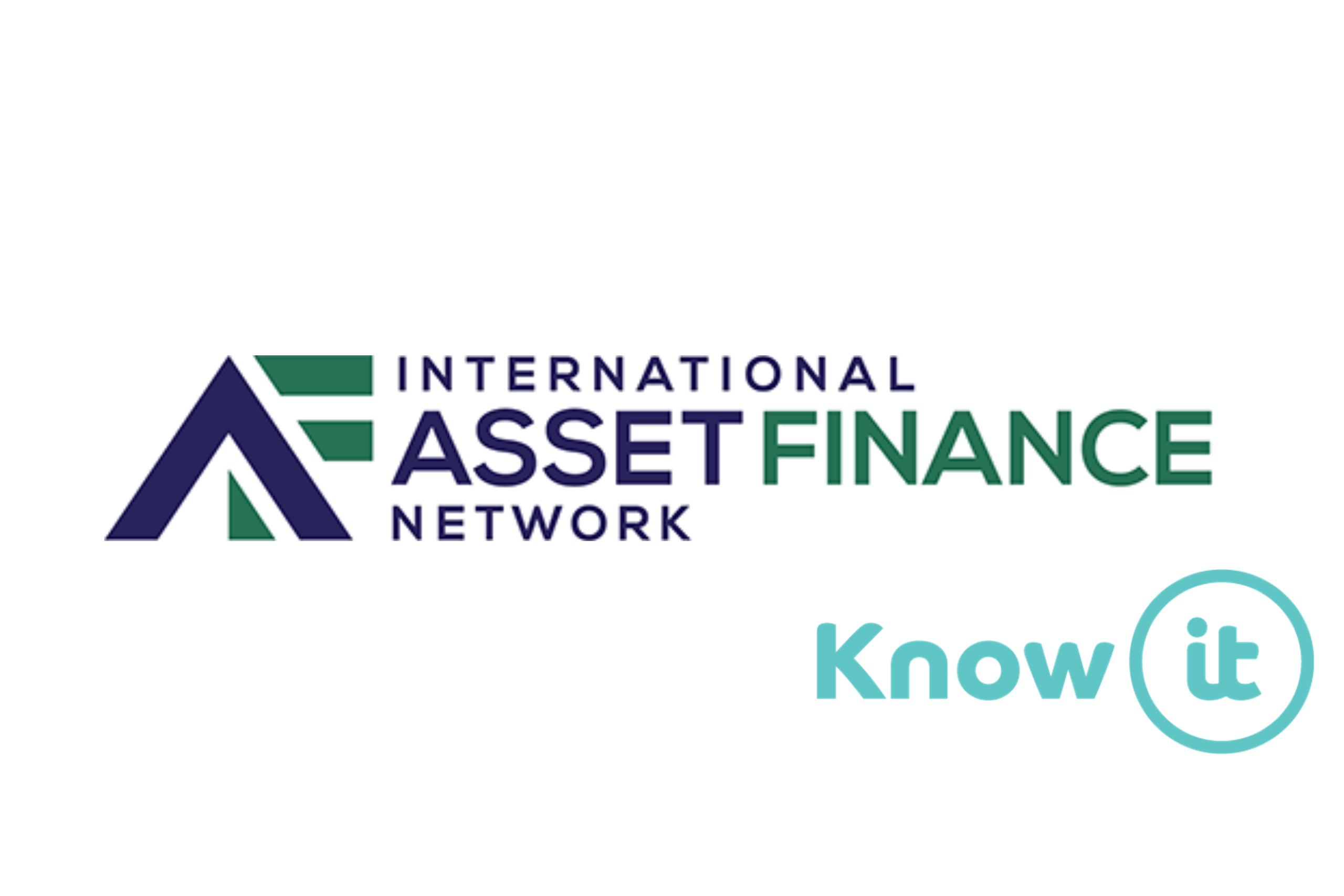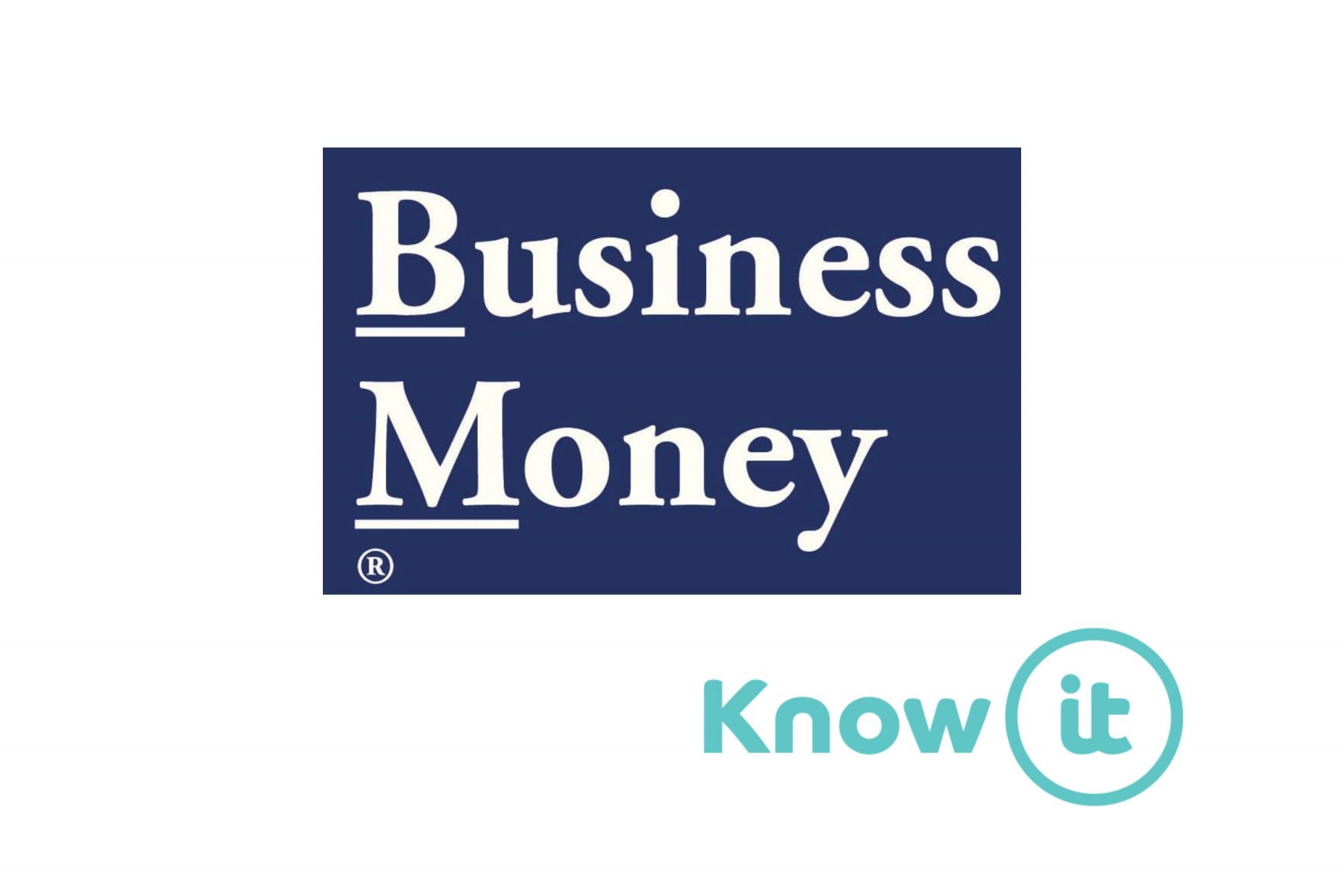Know-it & Gigged.AI partner to help reduce freelancer late payments
Two of Scotland’s fastest rising tech companies, Know-it and Gigged.AI, have joined forces to help minimise the number of late payments suffered by freelancers working for commercial clients.
Late payments are a crippling problem for freelancers with four in 10 (41%) of clients hiring freelancers consistently paying late in the UK and more than half (55%) of freelancers have done work that they have not been paid for, according to The Credit Protection Association.
Know-it gives freelancers the ability to mitigate credit risk, increase cashflow and reduce debtor days. The automated credit management solution allows users to run business credit checks, monitor changes, automate payment chasing and collect overdue unpaid invoices, all in one place.
Gigged.AI is a platform brimming with talent across the most in-demand tech skills including Software Developers and Data Scientists that allows companies to hire them on- demand. Business can post a gig on the platform and their matching algorithm helps find the best talent. Freelancers can also search for gigs and send proposals or let the platform’s AI find the best matched gigs automatically.
Know-it CEO & Founder Lynne Darcey Quigley says: “Late payments are a massive problem for freelancers in the UK. We’re currently witnessing the rise in the gigged economy with over 2 million freelancers in the UK who contribute approximately £125 billion to our economy. It’s vital that we do what we can to help keep these valuable members of the UK workforce afloat. Know-it will help ensure that freelancers who use the platform get paid quicker for the work they do and boost their cashflow”.
Gigged.AI Co-founder and CEO Rich Wilson adds: “As Gigged.AI build our community of freelancers we proactively seek out partnerships that will add value to them. Most freelancers suffer from late payments especially when they directly engage with a company. We are thrilled to partner with Know-it to help freelancers collect unpaid invoices.”
This article was first published by Manchester TV.

















